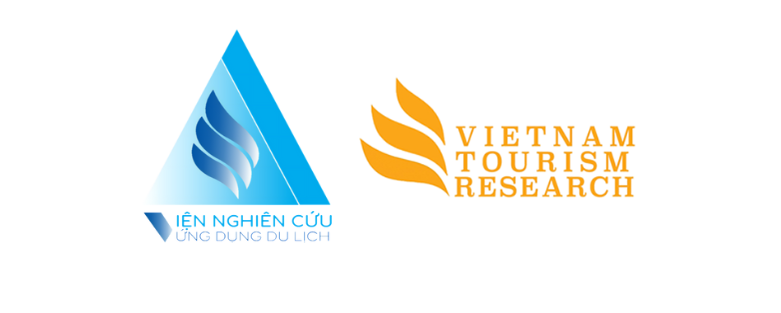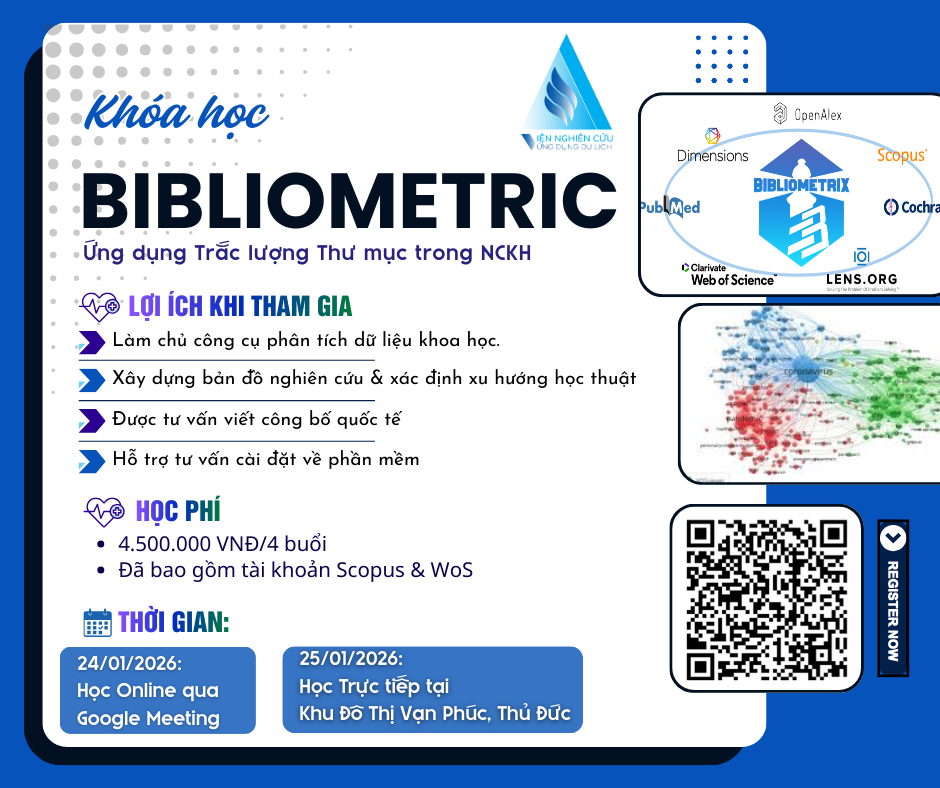This post is also available in:
Tiếng Việt (Vietnamese)
This article explores how tourism education must transcend traditional skill sets. From emotional intelligence to ecological thinking and digital transformation, it calls for collaborative efforts to build a dynamic learning ecosystem for the modern tourism sector.
Global Context: When Uncertainty Becomes the New Normal
Uncertainty has become a defining feature of the global socio-economic landscape—particularly for vulnerable sectors such as tourism. In this context, tourism education is not only under pressure to adapt but must undergo a fundamental restructuring to remain a key driver of human capital development in a rapidly transforming industry.
Following COVID-19, the World Tourism Organization (UNWTO) reported encouraging signs of recovery in the Caribbean, notably in Trinidad and Tobago. However, these positive figures do not signify stability. On the contrary, they underscore the urgent need to retrain the tourism workforce—not only for recovery but also to remain competitive and responsive to emerging trends.
Shifting Traveler Expectations: From Behavior to Meaning
Post-pandemic tourism is witnessing profound shifts on the demand side. Travelers no longer seek mere services; instead, they aspire to meaningful experiences—reconnecting with nature, community, self, and sustainability values.
Trends such as slow travel, digital nomadism, virtual reality experiences, and regenerative tourism are reshaping consumer behavior. Consequently, tourism education must move beyond training in service delivery or management to cultivate creativity, emotional intelligence, and interdisciplinary awareness.
Future-Proof Skills: Restructuring Sectoral Competencies
According to the World Economic Forum (WEF), by 2025, at least 50% of the global workforce will require reskilling and upskilling. In tourism, this involves more than occupational capabilities:
-
Transversal skills: Communication, adaptability, persuasion, and problem-solving.
-
Emotional intelligence: Empathy, emotional self-regulation, and social awareness—critical in delivering customer service in sensitive contexts.
-
Experience thinking: The ability to design, coordinate, and evaluate tourism experiences—not just services.
-
Ecological literacy and green skills: Understanding sustainability, circularity, climate responsibility, and ethical consumption.
-
Digital skills and digital mindset: Ranging from management tools to virtual interaction and multi-platform storytelling.
Thus, tourism education is no longer about knowledge transfer but about building holistic capabilities—through learner-centered, multidimensional, and flexible pedagogies.
A New Learner Mindset: Purpose Beyond Employment
A recent study in Trinidad and Tobago with 225 students revealed that motivations to study tourism stemmed less from high-income prospects (only 7% cited good salary expectations) and more from a desire to contribute to community development, sustainability, and destination improvement.
This calls for a paradigm shift: from training employees to cultivating changemakers. Such a transformation necessitates curricula that embed liberal education components such as ethics, social justice, global consciousness, and critical impact analysis of tourism on people, environment, and culture.
The Skills Gap: Curricula Lagging Behind Market Realities
Despite improvements in tourism training programs, two notable gaps remain:
-
Technological adaptation: Many students report insufficient skills in applying emerging technologies in practice.
-
Emotional intelligence: Skills in empathy, situational awareness, and guest experience design are still underdeveloped in training models.
Unless addressed, tourism education risks falling behind the evolving demands of a diverse and sophisticated labor market.
Restructuring Curricula: Toward a Flexible Learning Ecosystem
The solution lies not in adding more content but in rethinking the pedagogical framework:
-
Housekeeping management: Should integrate resource monitoring technologies, leakage detection, and environmental controls.
-
Tour guides: Should evolve from informants to experience creators—leveraging emotional connection and technologies such as AR/VR.
-
Culinary and product development: Requires more than cooking skills—emphasizing creativity, design, commercialization, and sustainability.
Tourism education must therefore shift from mono-disciplinary to interdisciplinary, from passive to creative, from standardized to personalized.
Multi-Stakeholder Collaboration: No One Reforms Alone
To succeed, all stakeholders must co-create a holistic learning ecosystem:
-
Universities and training institutions: Must update content, innovate pedagogy, and link with real-world practice.
-
Tourism enterprises: Should serve as open learning environments—through internships, community projects, and mentoring.
-
Governments and public policy: Must steer macro-level strategies on smart tourism, green economy, and digitalization.
-
Learners: Must be proactive, critically engaged, and committed to lifelong learning.
Only through system-wide collaboration can tourism education fulfill its transformative potential.
Education as the Core of Tourism’s Future
In a world of escalating instability and unpredictability, tourism education plays a pivotal role in shaping national competitiveness and sectoral resilience.
It is no longer merely a workforce pipeline—it is the foundation for the future: where technology, emotion, sustainability, and creativity coexist within an open learning ecosystem.
The era of “sustainability-on-paper” curricula is over—now is the time for action, adaptability, and innovation to shape a tourism sector that is stronger, more human-centered, and better able to recover and regenerate.










